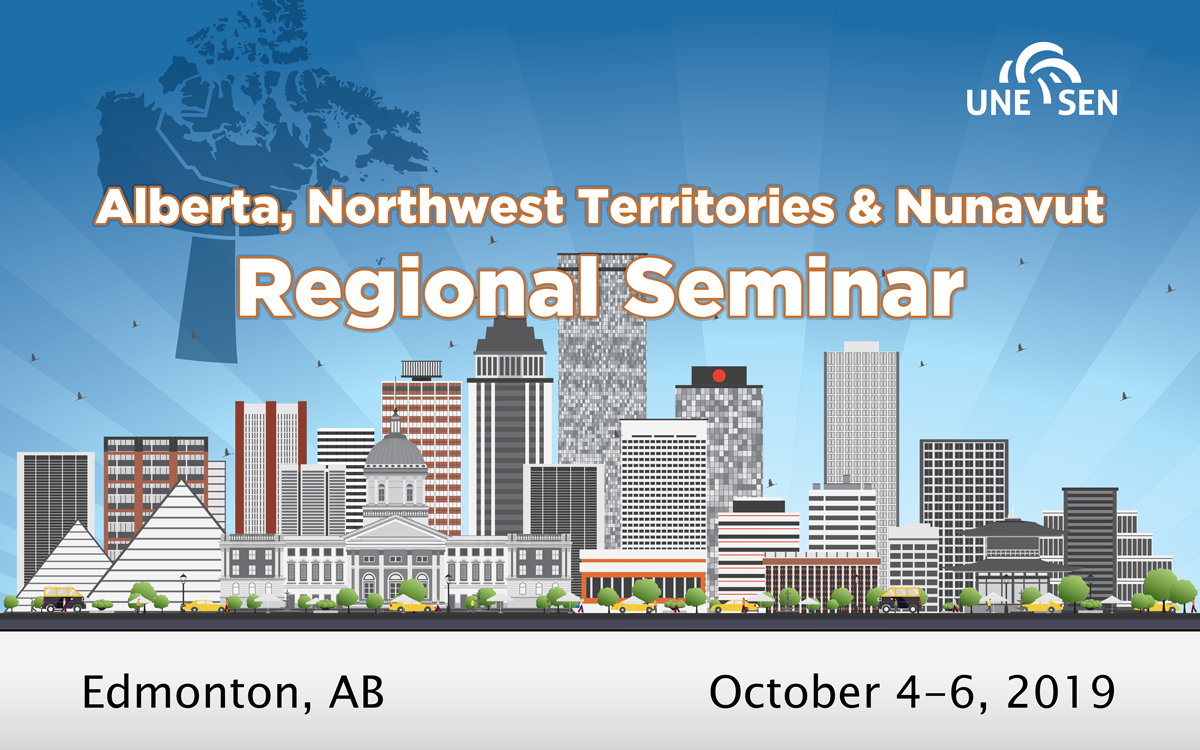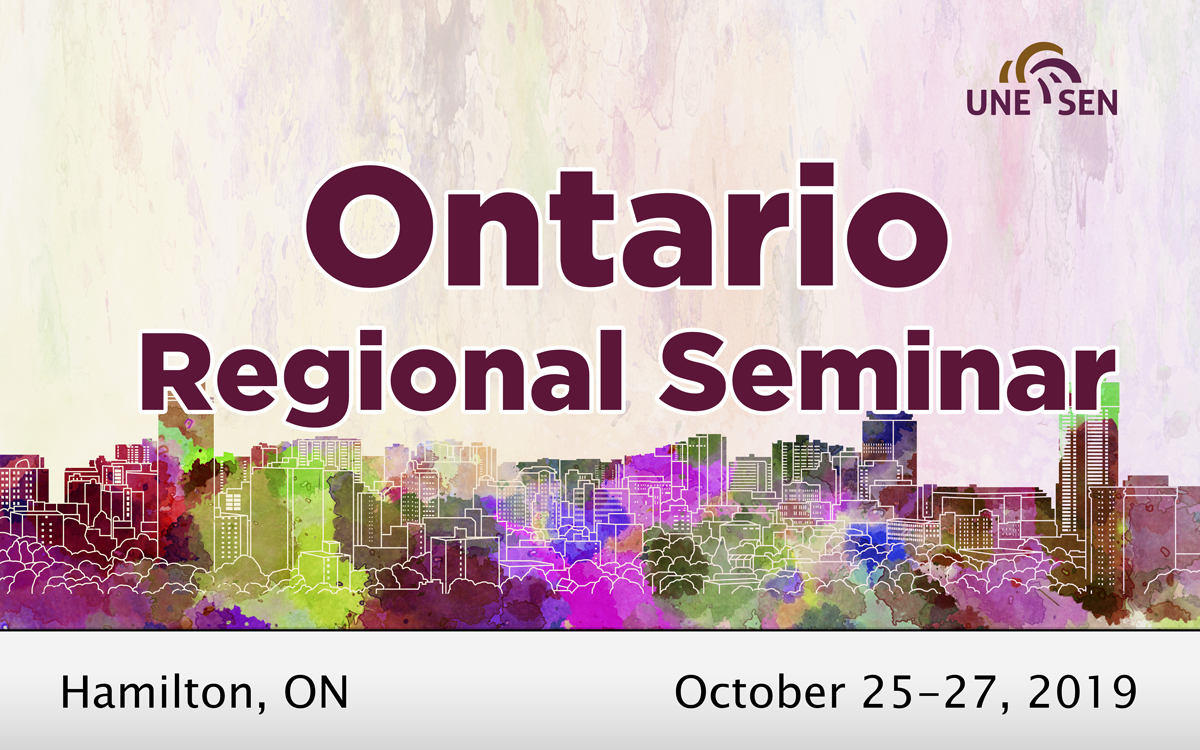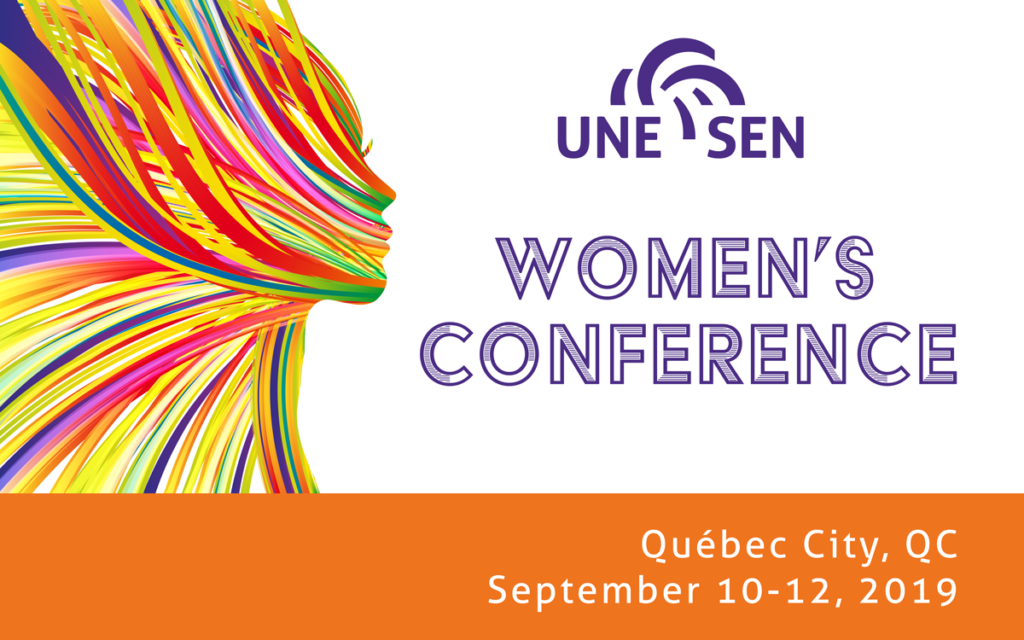
The Alberta, N.W.T. and Nunavut Regional Team invites you to participate in the Regional Seminar scheduled to take place at the Chateau Lacombe in Edmonton, AB on October 4-6, 2019.
Click here to register online.
This event will offer presentations and workshop training that will give you the knowledge and confidence to help your members. It’s also a great place to meet active members just like you and forge long-lasting friendships.
For a sneak-peek at what else we have in store for you, check out the Seminar agenda.
The UNE will fund the following delegates per Local:
- A Local President or designate should be one of the delegates;
- A member who has not previously attended a seminar should be given priority;
- Locals will elect a youth delegate to attend the Regional Seminar (age 35 or younger as of December 31, 2020).
Locals are required to encourage the participation of equity members. Locals may send additional members at their own expense.
You must register by Friday, August 30, 2019. Unfortunately, we will not consider late registrations.
Should you have any questions about the Seminar please contact Suzanne Boucher at events@une-sen.org.
Delegates to the Regional Seminar should arrive for registration at 7:00p.m. Friday evening, October 4, 2019. Accommodations will be arranged for delegates to spend two nights at the Chateau Lacombe for the Friday and Saturday night of the Seminar as activities are scheduled to take place into the evenings. The Seminar ends on Sunday, October 6 at 12:00p.m.
In solidarity,
Jaison Van Tine, Regional Vice-President, Alberta, N.W.T. and Nunavut
Geoff Ryan, Assistant Regional Vice-President, Alberta, N.W.T. and Nunavut
Drew Davidson, Assistant Regional Vice-President, Alberta, N.W.T. and Nunavut
Danielle Palmer, Regional Representative for Human Rights, Alberta, N.W.T. and Nunavut









